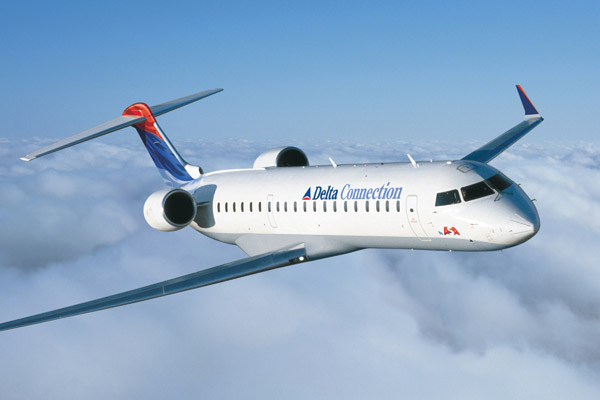Taking care of customers by taking care of employees, (give them all a raise edition)
ETERNAL TRUTH: Better engaged employees are happier, more productive, are retained at higher rates than less-engaged folks, and provide higher levels of customer service, all things being equal.
So if you want/need/desire improved customer service, all you have to do is find a way to improve employee engagement levels of the folks meant to be providing the customer service.
Easy, right?
Except when it's not. I have written plenty here, (and so have lots of other folks), about how despite tossing money and effort at improving engagement for at least 20 years, that in aggregate engagement levels are about what they have always been since it became a member of the 'something we measure' club.
But what if there was another, simpler way to improve customer service that didn't involve 'engagement' at all, but did impact those employees that are on the front-line working with and helping customers every day? You'd be interested in something like that, wouldn't you? What if it was as simple as cutting a check? Well, make that several thousand checks.
Check this excerpt from a recent Fortune piece - McDonald's Says its Wage Hikes Are Improving Service:
The hamburger chain in April announced it would raise the average hourly rate for workers at the U.S. restaurants it owns to $9.90 from $9.01 starting July 2015, with average wages climbing above $10 per hour by the end of 2016. The company also said it would allow those employees to earn up to five days of paid vacation every year following one year of employment.
McDonald’s CEO Steve Easterbrook, who took the helm in 2015, has since moved swiftly, closing hundreds of weak stores, bringing back all-day breakfast, and simplifying the chain’s menu, reducing bottlenecks in serving customers quickly. But improving the customer experience hinges on workers being on board with all these changes, hence the raises.
“It has done what we expected it to—90 day turnover rates are down, our survey scores are up—we have more staff in restaurants,” McDonald’s U.S. president Mike Andres told analysts at a UBS conference on Wednesday. “So far we’re pleased with it—it was a significant investment obviously but it’s working well.”
The move reportedly created friction with franchisees, who hire and pay their own workers, as they felt pressure to match the wage hikes. Still, there are early signs it is paying off: In October, McDonald’s reported its first quarter of comparable sales gains in two years. The company built on that growth with a huge 5.7% increase in the following quarter.
Wow, is it that simple? A general 10% across the board wage increase and sales and customer service both rise enough to offset the costs of the increased wages? That's it? Man, what took them so long to sort that out?
In truth, there are a few things to tease out of this experiment, and it could be that some of the non-wage increase changes have been at least somewhat responsible for this recent turnaround in McDonald's fortunes. But as CEO Easterbrook rightly observes, in order for these operational and strategic changes to really work, the employees had to be on board, and raising wages was the simplest, (and possibly best) way to accomplish that.
There are probably a few special circumstances that make this strategy more effective than it would be in other places, even small reductions in turnover are likely to have a big impact on service levels in the fast food business, and even with a high number of employees, giving blanket increases of 10% does not represent massive spending. So get turnover down just a little, keep a few more longer-tenured staff on each shift, and boom - the drive thru lines move a little bit faster and the customers are happy.
Sometimes, maybe most of the time, we tend to over think what it takes to keep people (reasonably) happy, and give them a situation where they feel good about the work they are doing, and the customers that they are serving.
You might not be able (nor necessarily should you), give everyone on the staff a 10% bump. But there probably is some other, simple, reachable change you can make that would serve the same purpose. It's out there. You can find it.
Just don't call it "employee engagement" and you will be fine.

 Steve
Steve
